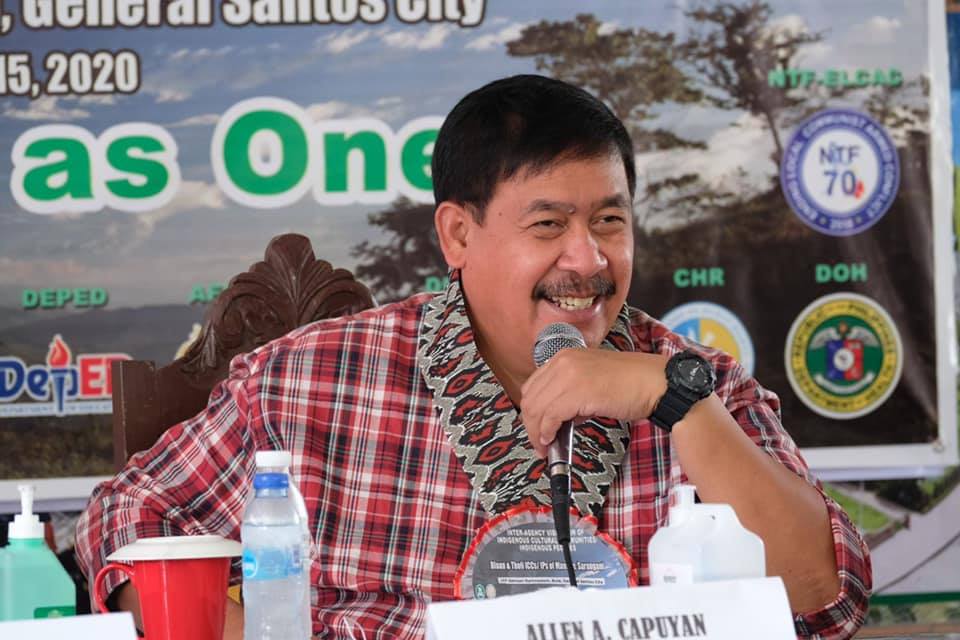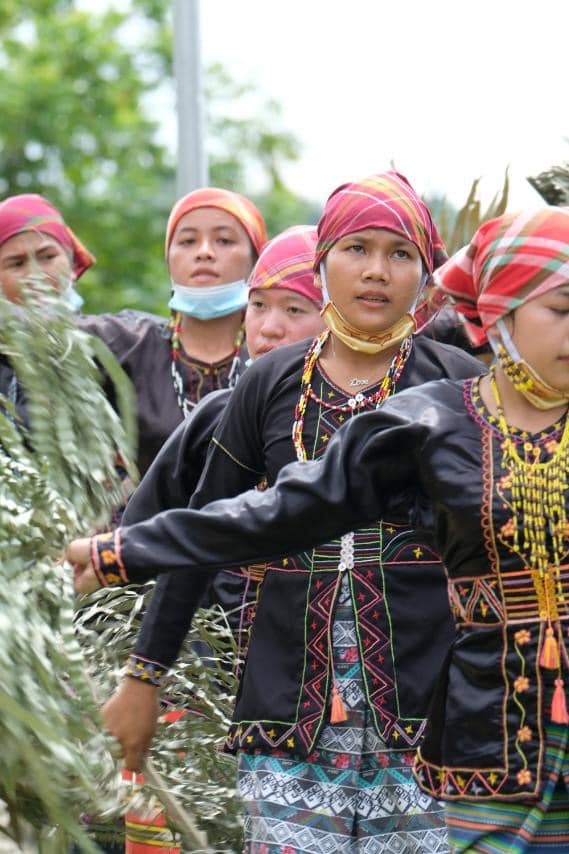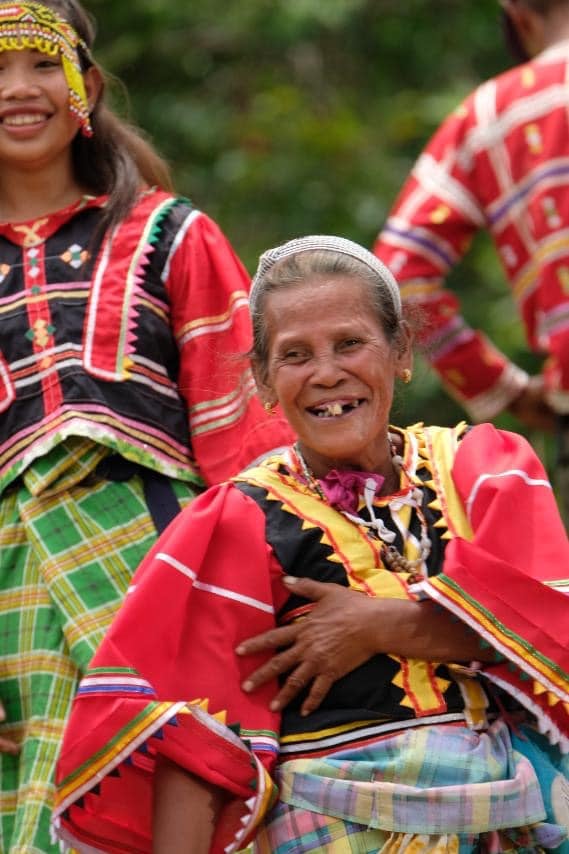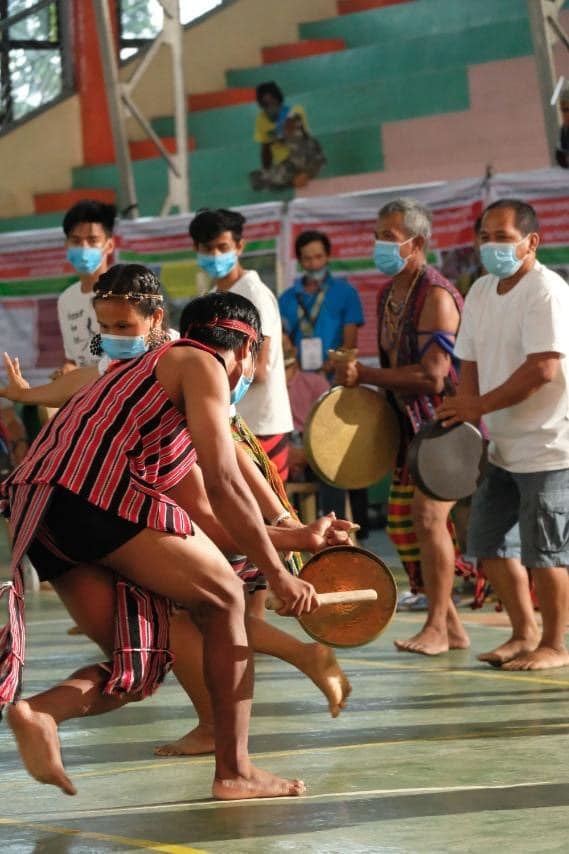By: Rene V. Carbayas

PAGADIAN CITY, Sept 24 (PIA) – The Indigenous Peoples Rights Act of 1997 or the IPRA Law (Republic Act 8371) is entering its 23rd year of implementation this coming October 2020, and much has still yet to be accomplished as Indigenous Peoples continue to struggle to claim their lands and improve their lives.
The National Commission on Indigenous Peoples (NCIP) recently published and released its 2019 Annual Report that stipulates what the social welfare Secretary Rolando Bautista described, a report that contains NCIP’s “culturally-responsive projects and policies that has addressed the issues of ancestral land and territorial rights and provided the Indigenous Peoples (IPs) with proper platform to assert their rights and privileges.
22 years accomplishments
NCIP Chairman Allen A. Capuyan, who leads the 8th Commission of the NCIP that formally took office in the middle of 2019, took up the challenge from President Rodrigo Roa Duterte to to give the Indigenous Peoples what they deserve and due regard to their beliefs, customs, traditions and institutions.
“This is the challenge to every man and woman in our organization—for the NCIP to be agents of faith, hope and therefore of change—for the betterment of our Indigenous brothers and sisters,” he said.

In its 2019 annual report, the NCIP claimed to have accomplished significant strides in implementing RA 8371.
As of December 10, 2019, some 247 Certificate of Ancestral Domain Title (CADT) has been approved where 102 in Luzon, 10 in Visayas, and 135 in Mindanao (1997-2019). This comprises just 17.19 percent of the 1,425 Ancestral Domain Universe with 1,319,176 IP Rights Holders of the 5,741,388.7468 hectares. Of the approved CADT, 54 were registered and 193 are still for registration. Meanwhile, 227 CADT applications are still on the process.
There are 249 Certificates of Ancestral Land Title (CALT) were approved, covering some 16,152.8157 hectares with 7,156 IP rights holders. Some 154 CALT were registered to the Land Registration Authority (LRA), comprising 7,669 hectares or 59.46 percent of the 249 approved CALT; 70 for registration, 25 are ready and or transmitted for registration, and 176 applications are still on-process.
Through the years, NCIP had issued some 409 Certificate of Precondition, where 185 are for mining operation and exploration, 80 for renewable energy project, 5 for industrial sand and gravel, 56 for forestry-related and agro-industrial projects, 17 for research/processing plant and livelihood, 30 for transmission line projects, and 34 for exercise of priority rights to natural resources.
In 2019 alone, 81 various socio-economic livelihood projects were implemented under the Human, Socio-Economic and Ecology Development and Protection Program amounting to Php23.727-million and benefiting some 5,171 IPs. Around 11,801 benefited from its Education Assistance Program (EAP) for CY 2019-2020 with funding support of Php132.9 million, thereby having served a total of 32,094 EAP grantees since 1997.
Inter-agency visitation to Indigenous Peoples
Chairman Capuyan, who is also the Executive Director of the National Task Force to End Local Communist Armed Conflict (NTF-ELCAC) embark on a visitation sorties to the different Indigenous Cultural Communities (ICC) in Mindanao to personally listen to and address the burning issues still confronting our IPs. The visits were also done to check on the state of the indigenous cultural communities in Mindanao.
Capuyan said that since August 5, 2020, he has visited some 95 Indigenous Cultural Communities in the country, and the latest is in Zamboanga Peninsula. Beating rough roads, heavy rains, steep and slippery roads, sleepless nights, and long travels, Capuyan and the team from the NCIP and other government agencies tirelessly visited communities to show government’s sincerity and commitment to promote the well-being of every IPs and end local communist armed conflict.

As an off-shoot of President Duterte’s Executive Order No. 70, the whole-of-nation and whole-of-government approaches were now instituted to look into the persisting problems and concerns of every IP community.
Capuyan said the government is fed up with the 51 years of Communist Terrorist Group’s (CTG) atrocities and violations committed against the Indigenous Peoples, one of which is disrupting the political structure and leadership of IP communities in order to control them in favor of the CTG’s cause.
“Tuluy-tuloy and pagpa-file natin ng kaso sa hanay ng Communist Party of the Philippines, both locally at internationally (Filing of cases in court against the Communist Party of the Philippines is sustained both locally and internationally),” Capuyan said.
During his sorties in Zamboanga Peninsula, the Timuay (Leaders) Subanens bravely and passionately expressed the burning issues that persistently remain after 22 years of IPRA implementation.
Selling of some lots inside the ancestral domain (AD), restrictions in cutting good lumber from their own lot for use in personal housing, farm-to-market roads, water system, electrification, no access to internet, lack of IP teacher, and violations of Free Prior and Informed Consent (FPIC) on some projects undertaken inside AD were among concerns discussed.
What now?
For the years ahead, the NCIP Chair admittedly that more is needed to be done to fully realize the aspirations of the indigenous peoples, but challenged all IP leaders (Timuay) of the Subanen communities in Zamboanga Peninsula to also strengthen their political structures and equip themselves with deeper understanding of the IPRA law and pro-actively address their concerns.

The community visits reveal that many of the IP leaders still hope for a genuine claim of their ancestral domain and fight for their right over their land. The NCIP needs to double its efforts to capacitate more IPs that can address their concerns at their own level since much of the concerns raised related to health and other basic needs can be addressed locally with the full involvement of local government units.
Many national government agencies of the locality also requested from the NCIP to re-orient them with the IPRA law, particularly on the Free Prior and Informed Consent policy, especially in implementing programs and projects inside ancestral domains.
With its limited personnel and resources, the NCIP hopes that Congress and the national government could fully provide the needed budgetary requirement in order for the Commission to fully implement its mandate. But, in turn the challenge remains for the entire NCIP to reach out to every IP community and ensure that every IP is empowered.
IP leaders also admitted during the visitation sorties that they also need to unite in protecting their communities against Communist Terrorist Groups that will try to divide and conquer them. This realization stemmed from the high confidence that IP communities have towards the Duterte Administration and the elevated hopes that has been established by the NCIP Chair’s visit to their communities.
The hope that there is a better life for every indigenous person has been ignited again with this community visitations of the NCIP Chairman. Now, the IP needs to have that unconquering faith and confidence to the government so as to effect significant and genuine changes in the life of the Indigenous Cultural Community.
Now, government agencies can pitch-in. (NBE/RVC/PIA9)